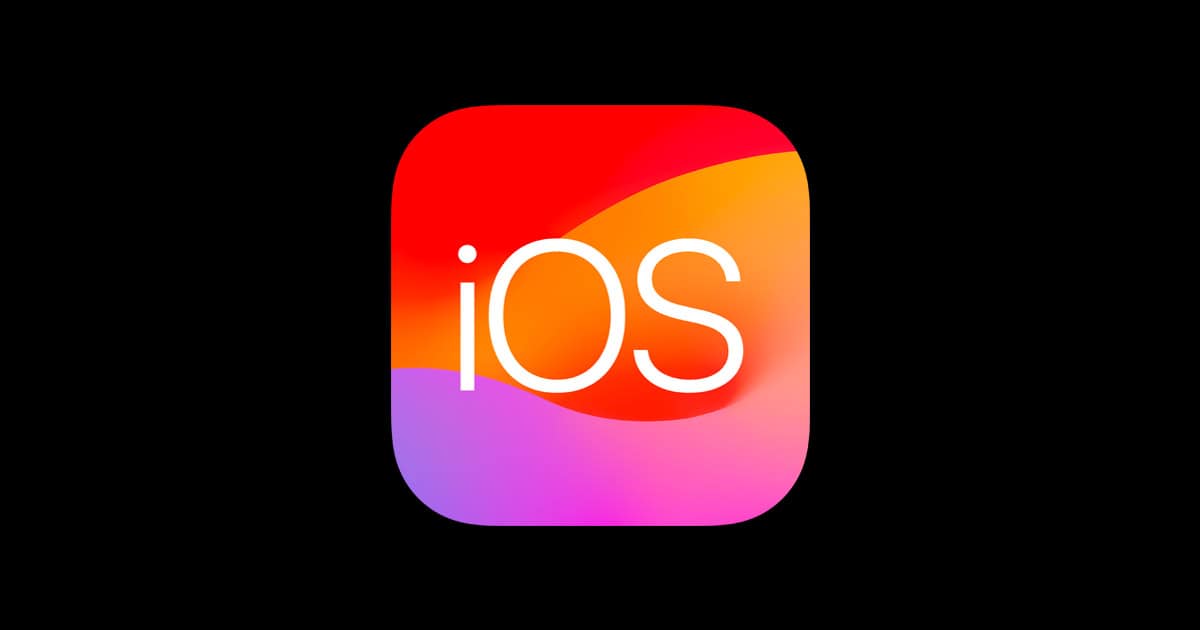Apple surprised iPhone users by canceling the planned iOS 17.5.2 update. This unexpected decision has raised questions about the reasons behind it. Even though early reports indicated that the update was almost ready, Apple decided not to release it, leaving users curious about what led to this change. While Apple hasn’t given a clear explanation, this unexpected move shows the challenges of creating and maintaining software for a wide range of devices.
As Apple continues to improve its operating system, users can expect future updates and enhancements. The canceled iOS 17.5.2 update was supposed to fix bugs and make improvements. Since this type of update usually happens without much attention, Apple’s decision to cancel it this time adds to the mystery. This rare move suggests that Apple faced significant issues during the testing phase. With iOS 17.6 and iOS 18 on the way, Apple may be focusing on making sure those updates are stable and ready to launch.
The Curious Case of the Canceled iOS 17.5.2 Update
What Was Expected in iOS 17.5.2
Rumors circulated about Apple’s upcoming iOS 17.5.2 update, with predictions it would include bug fixes and performance improvements. A notable leaker with a reliable track record even suggested its imminent release. While the specific details of these enhancements remained under wraps, users anticipated a smoother and more refined iOS experience.
Unexpected Cancellation
In a surprising turn of events, Apple abruptly canceled the iOS 17.5.2 update. The reasons behind this decision remain unclear, but speculations point towards unidentified issues that arose during internal testing or concerns about compatibility with certain devices.
User Reactions
The cancellation left many iPhone users puzzled and disappointed. Some expressed frustration over the lack of communication from Apple regarding the decision. Others wondered if the cancellation would delay the rollout of subsequent updates or introduce new issues with future iOS versions.
What’s Next?
While iOS 17.5.2 is off the table, Apple is likely focusing its efforts on upcoming updates. Users can expect new features and improvements in the near future. It’s crucial to stay updated with official announcements from Apple to learn about upcoming releases and ensure a seamless iOS experience.
Key Takeaways
- Apple canceled the iOS 17.5.2 update unexpectedly.
- The update was initially meant to fix bugs and improve performance.
- Attention may now shift to iOS 17.6 and iOS 18.
Technical Analysis of the Cancellation
Apple’s decision to cancel iOS 17.5.2 raises questions about iPhone security and its impact on future iOS updates.
Implications for iPhone Security
Security is a top concern for Apple users. The cancellation of iOS 17.5.2 might leave several security vulnerabilities unpatched. Bugs that could have been fixed include issues like CVE-2024-27818, related to Kernel permissions. This flaw lets attackers run arbitrary code on devices. Without the update, these devices are vulnerable.
Kernel memory is another area affected. Bugs in this segment can allow attackers to elevate privileges. Appleavd exploitation is one such risk. Also, spyware often targets unpatched vulnerabilities, compromising user data. Security patches are crucial to closing these gaps. Missing an update means these patches aren’t applied, increasing risks.
Impact on Upcoming iOS Software Updates
The cancellation might delay the release of iOS 17.6 and iOS 18. Important features or fixes planned for these versions could be pushed back. Rapid Security Response, which offers quick patches for serious flaws, may also face delays, leaving devices exposed longer.
Existing bugs in Voice Control, Webkit, and Marketplacekit modules might remain unresolved. Performance improvements could be stalled too. Users may experience slowdowns, crashes, or other stability issues. Delayed updates often come with performance drawbacks that affect the overall user experience.
Skipping iOS 17.5.2 could prompt Apple to include its fixes in later updates. This will shift developer focus and resources, possibly impacting app compatibility and development timelines for new features.







